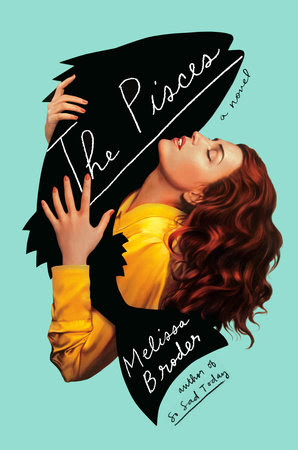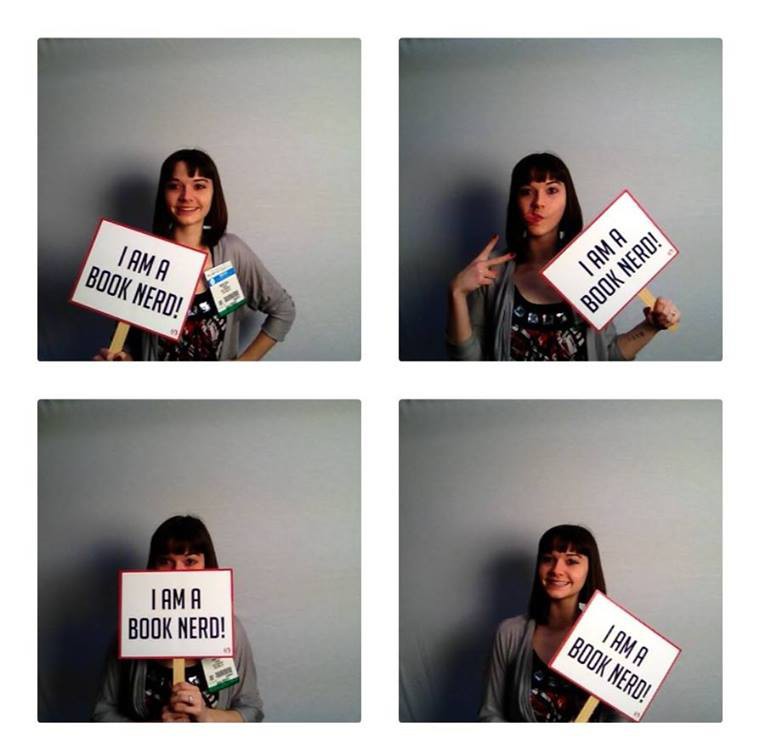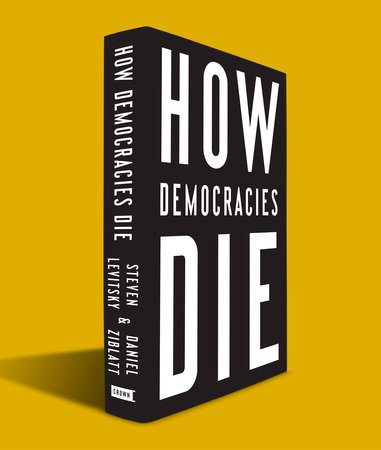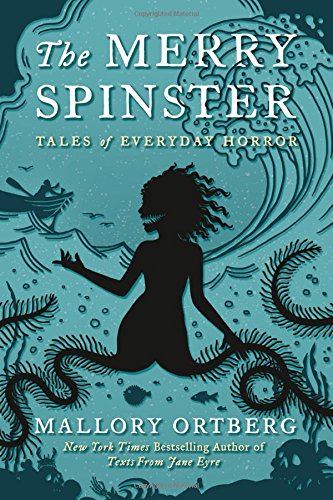Review #42: Fiction
First to Read #1
The Pisces by Melissa Broder

If you haven’t read Melissa Broder before, you may be shocked (pleasantly or not) by the blunt, crass, in-your-face honesty of her writing. If you’re familiar, you will recognize her voice in The Pisces instantly. Broder is a master at telling it like it is and throwing two middle fingers up at sugarcoating. Just as she has done with her non-fiction writing, Broder leaps into fiction with a reality that is both uncomfortable and refreshing. She refrains from polishing the harsh edges of the world, of people, and doesn’t give in to the fantastical – even in a story involving a merman.
The Pisces, as it turns out, is not about a woman who meets a merman and falls in love. It is instead about a woman who is severely addicted to love and sex and has very destructive intimacy issues. Lucy loses herself in the company of men, she runs from commitment when boredom sets in, then becomes nearly suicidal without a romantic partner. She’s completely self-destructive, feels almost no guilt when her actions negatively affect others, and is constantly using love to rationalize her bad behavior. Lucy enters therapy after a bad break up, while watching her sister’s house and dog in California. Though mostly Lucy silently judges the other women in her group therapy, there are moments when she sees herself in them, and for brief periods of time, realizes she is a mess and actually in need of help. Though another man will come into the picture, or an old one will pop back up, and eventually Lucy loses control and spirals, leaving nothing but ruin in her wake. It is no different when the man is a merman.
One of Broder’s biggest accomplishments with her writing is that she has this ability to make it seem as if she reached inside your head and pulled the words out. It feels so intimate that you want to turn away, give the characters their privacy, but like a car crash, you can’t help but stare. It feels as if Broder has created her characters with pieces of you. Each woman in Lucy’s group therapy, Lucy included, could be you, a version of you. There are fragments of relatability in them. The hard part is that they are not good fragments. It is the hard truths about ourselves that we see in these women, in Lucy, and just like Lucy, we subconsciously judge them for the very things we dislike about ourselves.
Claire and Lucy are arguably the two most destructive and problematic characters, and I found relatable ideas and behaviors in both of them. Ironically, it was these same ideas and behaviors I disliked them for. Lucy and Claire seem to dislike each other for these things as well. Lucy spends a lot of time thinking about how messed up Claire is, but also how she feels as if she is judging herself when judging Claire, and so avoids it. She feels Claire does the same thing. By encouraging and not demonizing Lucy’s behavior, Claire is allowing herself to be just as bad if not worse. They see themselves in each other, just as we see ourselves in them. Broder uses her characters as mirrors, of each other, and of her readers, and probably, herself.
Though the characters are wonderfully crafted and painfully, brilliantly, flawed, the story itself doesn’t feel complete. Lucy fluctuates between destructive behavior and determination to change. She goes from man to man trying to feel better. She slips into states of depression and euphoria. Other women in her group therapy do the exact same; each woman has a break through then a setback then a break through then a setback. Though this is very much how therapy and recovery actually is, perhaps this isn’t the best for the book. The merman is merely another man in the story, another escape for Lucy, another excuse to do unspeakably terrible things. When the book comes to a close, it seems like Lucy may have finally broken her pattern and will turn things around, but we never know. The book ends before we actually see any real progress. And in the end, her (possibly) final straw in letting go of toxic men and toxic routines is caused when Lucy doesn’t feel special enough. She finds out her relationship with the merman is one he’s had with other women before her, and she cannot handle not being special. It’s selfish and childish, and though she leaves that situation claiming to have finally realized she needs to get her life together and has a few ideas about how she can move on, none of it comes to fruition in the book. We have no reason to believe Lucy has really changed. In fact, since Lucy is the only source we have concerning the merman, there’s even the chance he never existed, and Lucy is far sicker than we know.
Broder’s voice is unique and clear and unmistakable in The Pisces. She delivers the kind of uncomfortable characters and situations that reality is made up of. The Pisces feels like an extension of author and reader. However, the story falls flat, it’s very static, slightly predictable, and seems a little like the 200+ page equivalent to walking in place.
My rating: 3.5 out of 5 stars
I received access to an e-copy of this book for this review.


